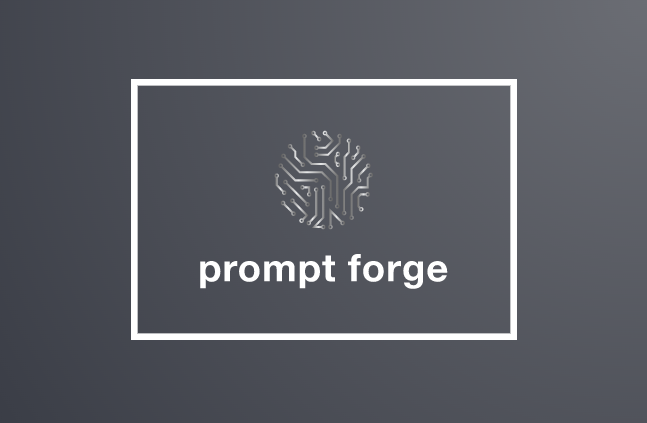
What if diagnosing diseases or drafting medical reports could be made more efficient with AI assistance? Continuing our series on “The Future of Work with AI,” today we will delve into the transformative effects of ChatGPT on the healthcare sector.
Healthcare is a complex field where precision and timeliness are key. ChatGPT, with its language comprehension and generation capabilities, brings about new possibilities to enhance care delivery, streamline administrative tasks, and improve patient outcomes. Let’s explore this in greater detail:
- Patient Interactions: ChatGPT can act as a triage assistant, helping to assess symptoms and guide patients to appropriate care. However, it’s crucial to note that AI should not replace professional medical advice but should be used to enhance and expedite service.
- Medical Documentation: Doctors often spend hours on administrative work (16.6% of their time, according to one study). ChatGPT can assist in transcribing medical notes, drafting preliminary reports, and compiling patient data, freeing up valuable time for physicians to focus on patient care.
- Medical Research: ChatGPT can provide summaries of medical research, new updates, and help with literature reviews, assisting medical professionals to stay abreast with the latest developments in their field. One well-crafted prompt can save hours and streamline the research process for medical professionals.
- Health Education: ChatGPT can create interactive learning materials for patients and healthcare providers, promoting a better understanding of conditions, treatments, and preventive care.
- Mental Health: AI-assisted therapy platforms can provide preliminary mental health support, offering a non-judgmental space for people to express their feelings.
The incorporation of AI like ChatGPT in healthcare could revolutionize the industry, driving efficiency and improving patient care. However, it is essential to approach this with prudence, considering ethical implications and ensuring AI tools are used responsibly and under professional guidance.
As we navigate the evolving landscape of healthcare, we invite you to share your thoughts. How do you envision AI impacting healthcare? What potential benefits or challenges do you foresee? Share your thoughts in the comment section below.
